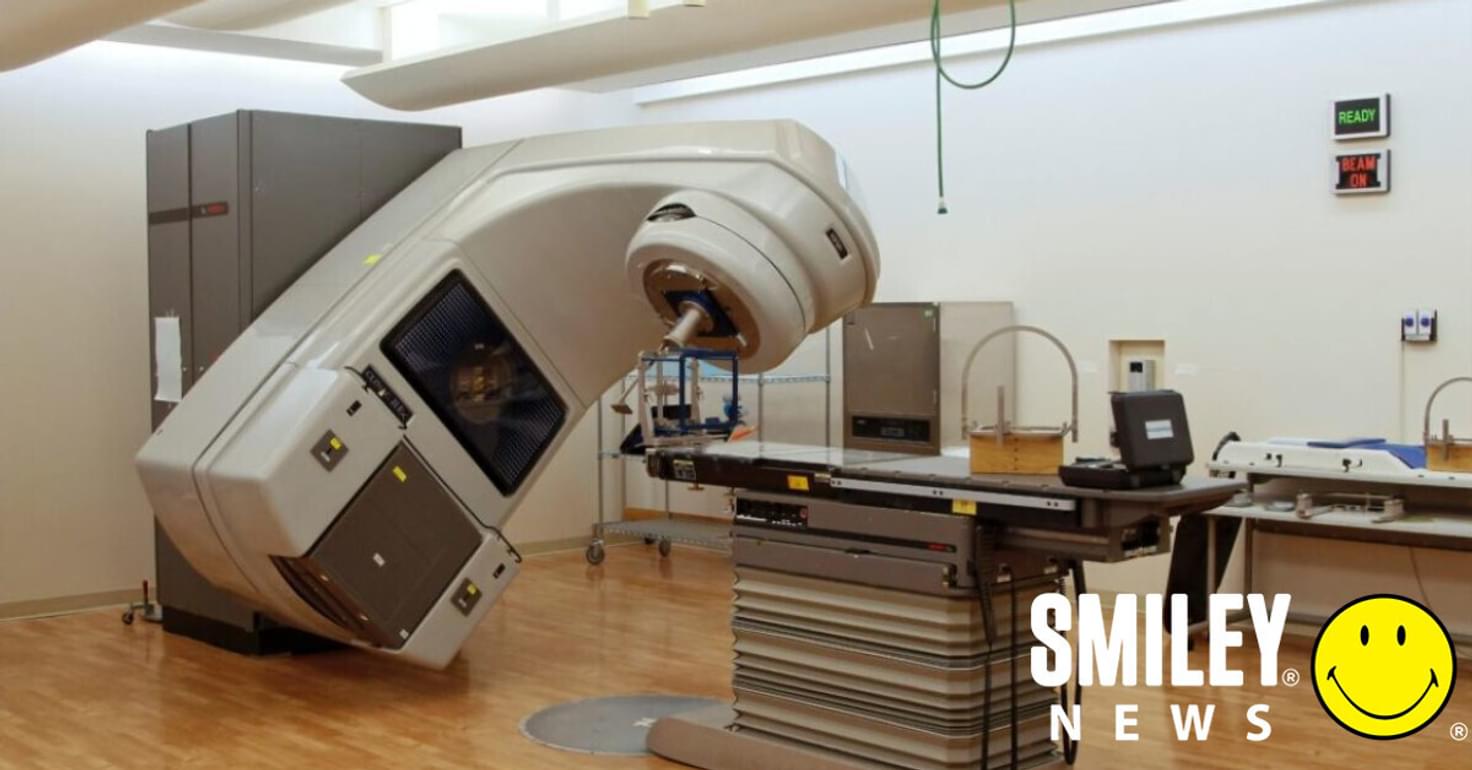
Words by Smiley Team
The NHS could save 5,000 lives a year by introducing screening for lung cancer, say experts.
Prof Charles Swanton, chief clinician at Cancer Research UK and one of the country’s leading cancer scientists, said: “The data are extraordinary. If we had a drug half as good as that, we would have adopted it by now.”
Swanton, whose work is focused on investigating mutations in cells in late-stage tumours that become very hard to treat, urged the introduction of CT screening for people at risk because of smoking or family history, because lung cancer is very curable by surgery if caught early, but often fatal if detected late.
Prof David Baldwin from Nottingham, a member of NHS England’s advisory group on lung cancer, backed his call, saying that the NHS had started a pilot programme that he expected would become national. Prof Sir Mike Richards, the former NHS cancer tsar, recently produced a report on the way forward which supported more targeted cancer screening programmes.
Most experts emphasise the need to prevent cancer by improving lifestyles, particularly in an era when the NHS is hard-pressed for money, cancer is on the increase and drug treatments for cancers that have spread are increasingly costly. Better diets, not smoking, less alcohol and more exercise are known to reduce people’s risk, but early diagnosis and swift surgery could help to save lives.
Baldwin is optimistic that lung cancer survival will increase. “We’re on the brink of real step change in terms of outcomes, I think,” he said. As well as screening, the NHS was speeding up the path from diagnosis to surgery, which would save or extend lives. But inequalities around the country also needed to be tackled. Four times as many patients get surgery in some trusts than others – sometimes because of worries that a frail patient may die in the operating theatre.
Lung cancer survival is about 15% in the UK, one of the lowest rates in Europe, with the best in the world – in New York state – at 25%. The experts were speaking before the publication of two reports – one from the UCL School of Pharmacy and the other, from the thinktank Demos, prepared for the drug company Pfizer – which both called for more money for cancer research and treatment.
The Demos report calls for the government to raise spending on cancer to the EU average by 2030, which would cost £2.1bn a year. The total economic impact, it says, is far more, at £7.6bn a year.
The UCL School of Pharmacy report argues for more spending, including more money for drugs which, it claims, a fifth of the public wrongly think are “bankrupting the NHS”. It argues that about 0.15% of GDP is actually spent on drugs for cancer and that improving outcomes “should be seen as an affordable goal for Brexit Britain even if spending on some treatments rises during the 2020s”.
Original article by Sarah Boseley- Source The Guardian
Photo National Cancer Institute on Unsplash
To find out more about Cancer Research UK and ways to get involved, go to their website.